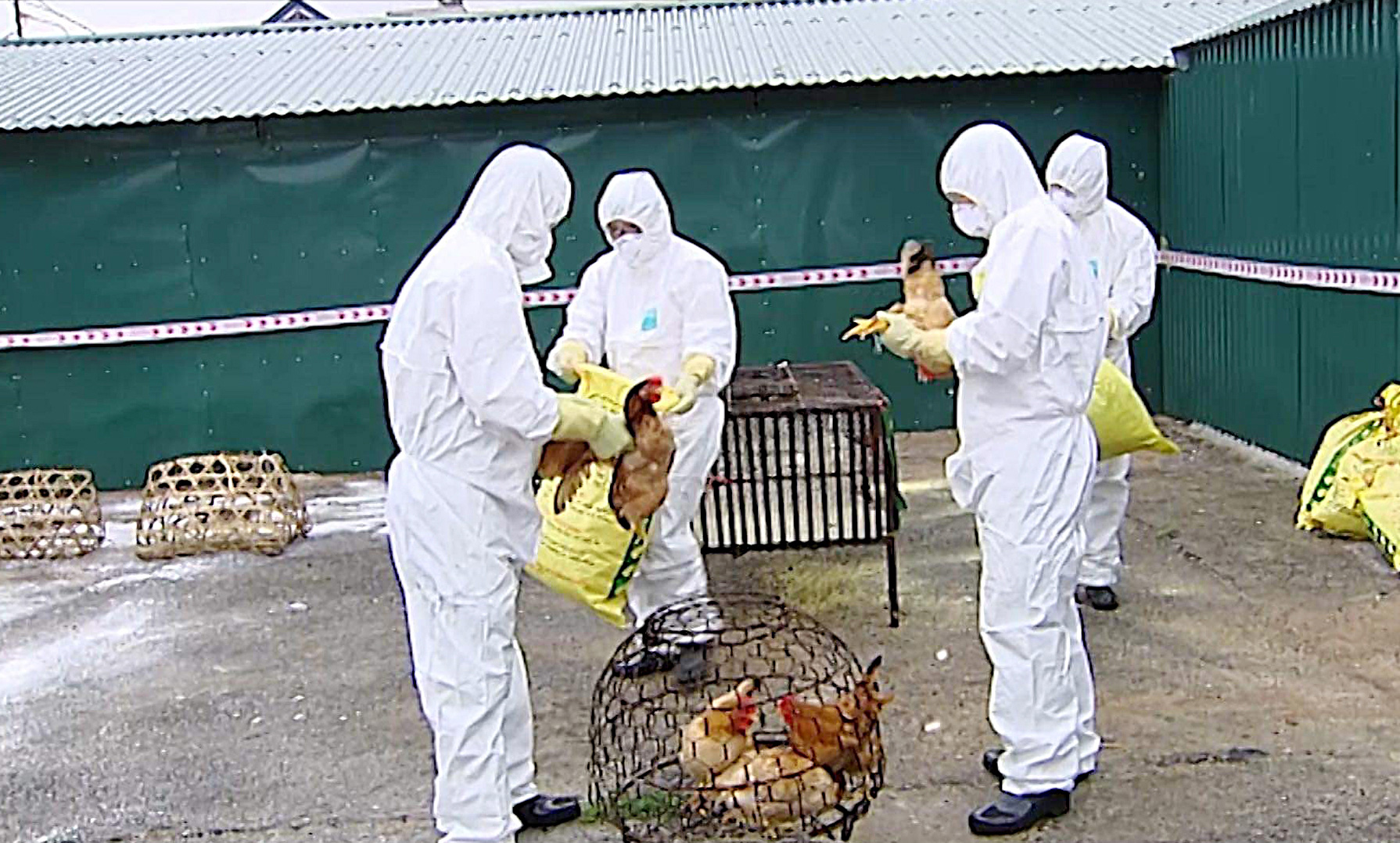
Authorities took samples for testing after recording bird flu in humans in early April - Photo: NGUYEN HANH
Regarding official imports, according to Mr. Trong, discarded chickens are mainly imported from Korea. In terms of the market, it is impossible to ban imports because people are still using them.
At the export site, the business has a license and meets the conditions, while Vietnam has not yet built appropriate technical barriers to prevent the import of this type of chicken.
"The agricultural sector has considered applying antibiotic standards or some residual substances in discarded chickens, but when tested and analyzed, they did not exceed the permitted threshold, so it is impossible to ban imports," said Mr. Trong.
Regarding small-scale and smuggled imports, Mr. Trong said that discarded chickens are "smuggled" in mainly from China, Thailand, and Laos. Smuggled and smuggled discarded chickens are much cheaper than domestic chickens.
"Officially imported discarded chickens are not a concern because they are strictly controlled for disease safety and food safety. To prevent officially imported discarded chickens, it is necessary to research and build technical barriers.
But smuggled and unregulated chickens pose a high risk of causing disease to poultry and humans, and are unsafe for humans to consume.
Border localities and anti-smuggling forces must control, prevent, and prohibit small-scale imports and illegal imports of discarded chickens to protect domestic livestock as well as health," said Mr. Trong.
Mr. Nguyen Thanh Son, Chairman of the Poultry Association, said that the situation of poultry smuggling across the northern border has been well controlled. However, smuggling of discarded laying hens across the southern border is still happening.
"According to the data I just received in early April, it is estimated that about 60,000 discarded laying hens (about 240 tons/week) are smuggled from the southern border every week, many of which are from Thailand.
According to some businesses' feedback, there are currently some Vietnamese businesses that are officially importing chickens from Thailand, and they have "tricks" of mixing in discarded laying hens to import" - Mr. Son shared.
"It is necessary to increase the percentage of sampling for imported shipments, instead of taking 1 sample per 5 containers, take 100% for control. Add Salmonella and E.coli indicators to imported meat products. These are two indicators related to food poisoning, such as the recent chicken poisoning incident in Nha Trang due to harmful bacteria residues.
"Review and add some stricter regulations, thereby creating technical barriers to control the quality of imported meat in general and chicken in particular," said Mr. Son.
Source








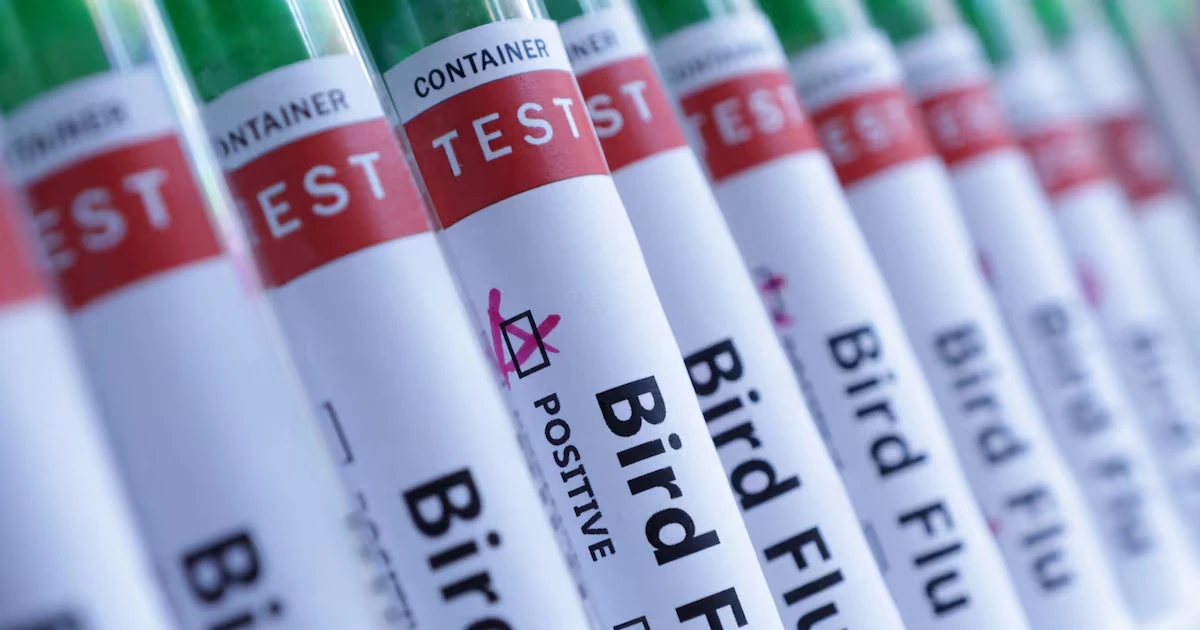

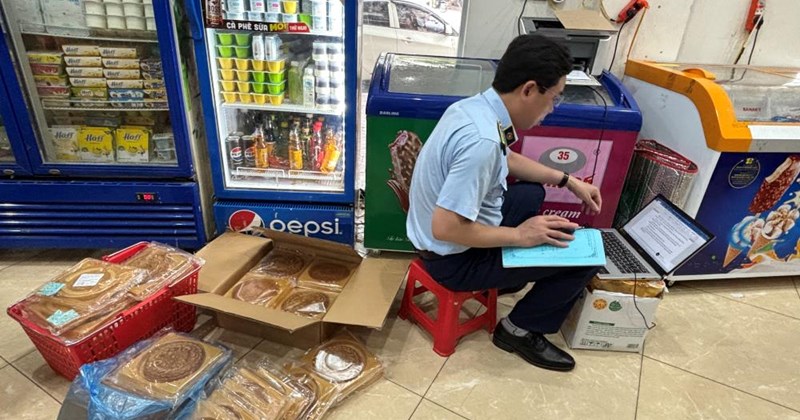



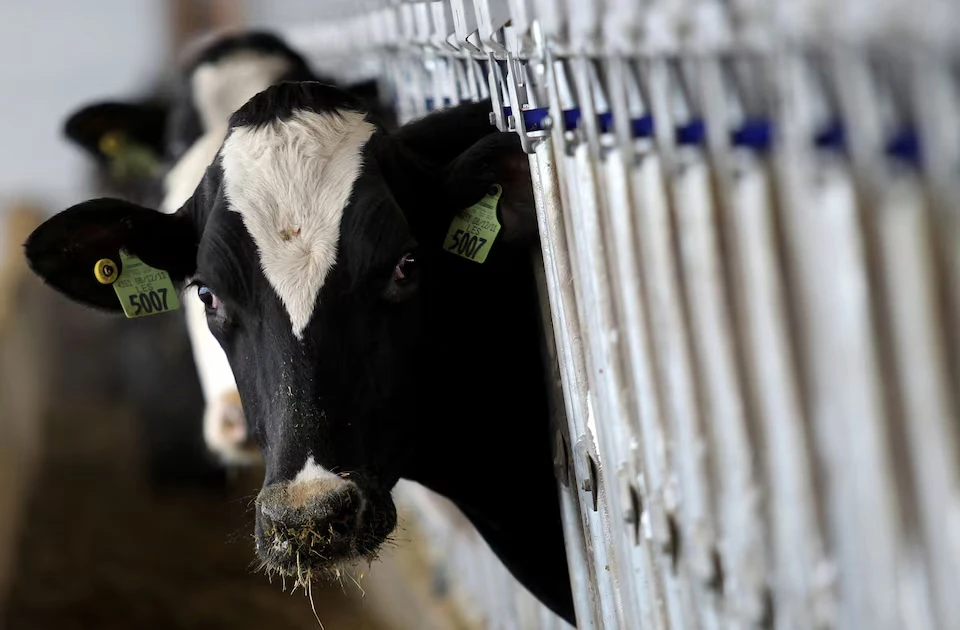






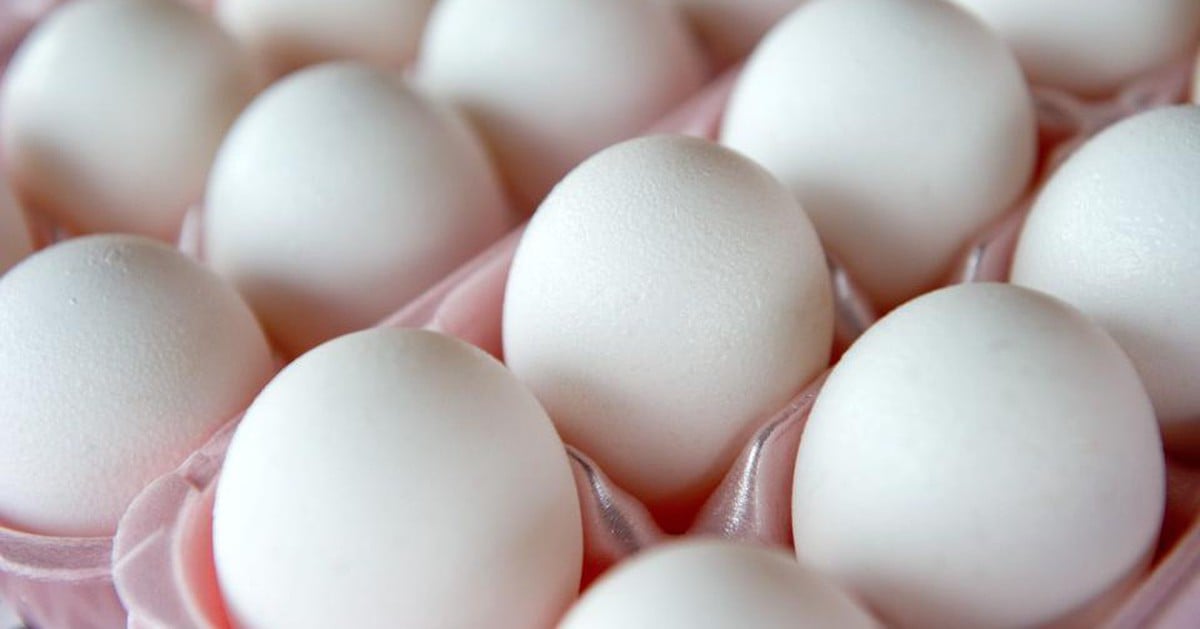
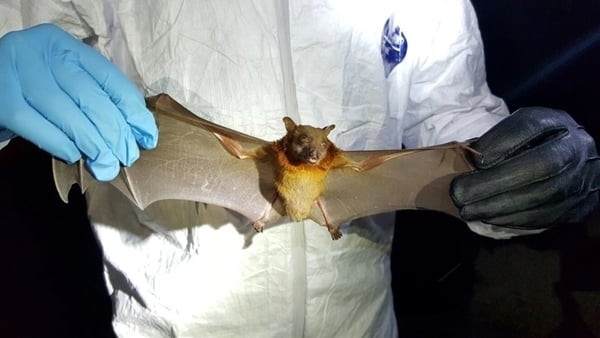









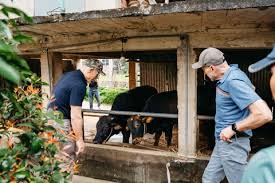









![[Photo] Prime Minister Pham Minh Chinh chairs Government Conference with localities on economic growth](https://vstatic.vietnam.vn/vietnam/resource/IMAGE/2025/2/21/f34583484f2643a2a2b72168a0d64baa)























































Comment (0)